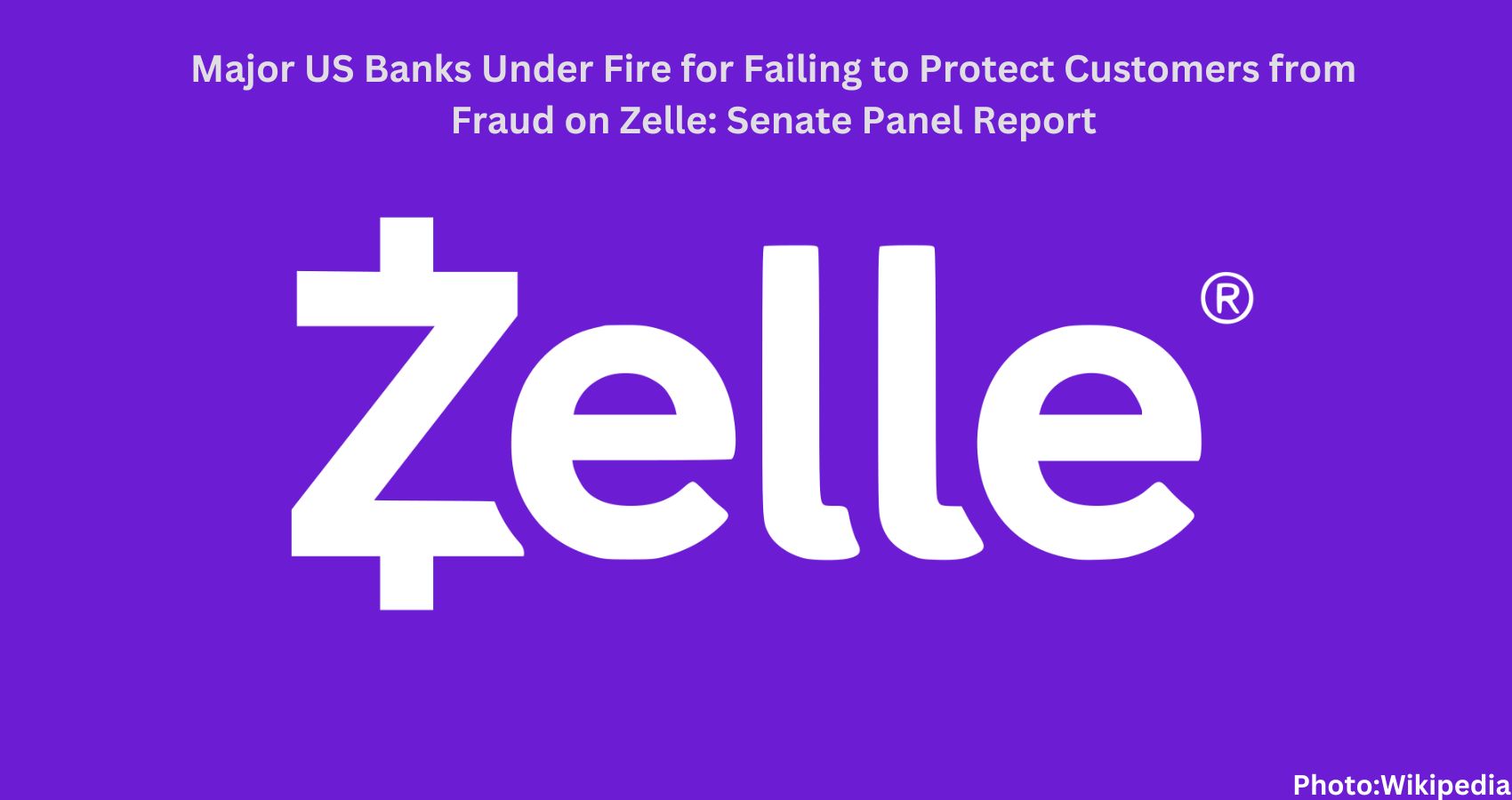JPMorgan Chase, Bank of America, and Wells Fargo are under scrutiny for not adequately safeguarding their customers from substantial fraud and scams, amounting to hundreds of millions of dollars each year, according to a US Senate panel. During a hearing by the Permanent Subcommittee on Investigations, Chairman and Democratic Senator Richard Blumenthal highlighted the extent of the issue, revealing that the customers of these banking giants filed claims to recover a staggering $456 million in 2022, all lost through scams and fraud on the payments network Zelle.
“The banks of America have a dirty little secret. It’s called Zelle,” Senator Blumenthal stated during the hearing. He criticized Zelle’s marketing, which promotes the service as “a fast and easy way to send and receive money.” However, as the Senator pointed out, the Committee’s findings suggest that Zelle often facilitates a “fast and easy way to lose money.”
Zelle, a network co-owned by seven major US banks including JPMorgan Chase, Bank of America, and Wells Fargo, is under fire for giving users a false sense of security while leaving them exposed to significant fraud risks. Blumenthal elaborated on this, saying, “Zelle transfers are nearly instant and irreversible, and by the time a consumer knows they’ve been scammed, usually it’s too late to do anything about it – at least according to Zelle and according to the banks that own, control, and in effect operate Zelle.”
The Senator emphasized the deceptive sense of trust that Zelle and its owning banks offer to consumers, stating, “Zelle and the banks that own it offer to customers the appearance of the trust they feel they deserve. But the risks there are real and present, and they simply are failing to protect consumers in the way that they deserve.”
The Subcommittee’s investigation revealed that out of the $456 million reported lost by customers due to scams on Zelle in 2022, only $341 million was refunded. This leaves a substantial amount unrecovered, highlighting the vulnerabilities and inefficiencies in the current protection mechanisms. Additionally, the panel found that 13% of users on Zelle and other peer-to-peer payment platforms reported sending money to someone, only to later discover it was a scam.
In response to the Senate panel’s concerns, Zelle’s parent company, Early Warning Services, LLC, issued a statement. “Providing a safe and reliable service to consumers is the top priority of Early Warning Services, LLC, the network operator of Zelle, and our 2,100 participating banks and credit unions. As a result of our continued efforts to build on Zelle’s strong foundation of security, less than one-tenth of one percent (.1%) of transactions are reported as fraud or scams, making Zelle one of the safest ways for consumers to pay people they know and trust. Zelle is also currently generally free for most consumers.”
Despite these assurances, the Senate panel’s findings suggest that the measures in place are not sufficient to protect consumers fully. The discrepancy between the amount lost and the amount repaid points to gaps in the system that need to be addressed. The hearing has brought to light the urgent need for more stringent security measures and better consumer protection protocols on peer-to-peer payment platforms like Zelle.
The Senate panel’s investigation sheds light on the pressing issue of financial security in digital transactions. As peer-to-peer payment platforms become increasingly popular, the responsibility to protect consumers from fraud falls heavily on the service providers and the banks that support them. The findings from this investigation underscore the need for more robust security measures and greater accountability from financial institutions involved in such payment networks.
The revelations have sparked a call for action, urging banks and payment networks to enhance their security frameworks and provide better protection for their customers. The issue of fraud on Zelle is not just a minor inconvenience; it represents a significant financial risk to consumers, many of whom rely on these platforms for everyday transactions. The Senate panel’s scrutiny aims to push for changes that will make digital financial transactions safer and more secure for all users.
The investigation by the Permanent Subcommittee on Investigations has highlighted a critical flaw in the current financial ecosystem, where major banks like JPMorgan Chase, Bank of America, and Wells Fargo are not doing enough to shield their customers from fraud on the Zelle network. The substantial losses reported and the relatively low repayment rates indicate that much more needs to be done to protect consumers. The Senate panel’s findings and the subsequent responses from the involved parties underscore the urgent need for enhanced security measures and better consumer protection to prevent such fraud in the future.




